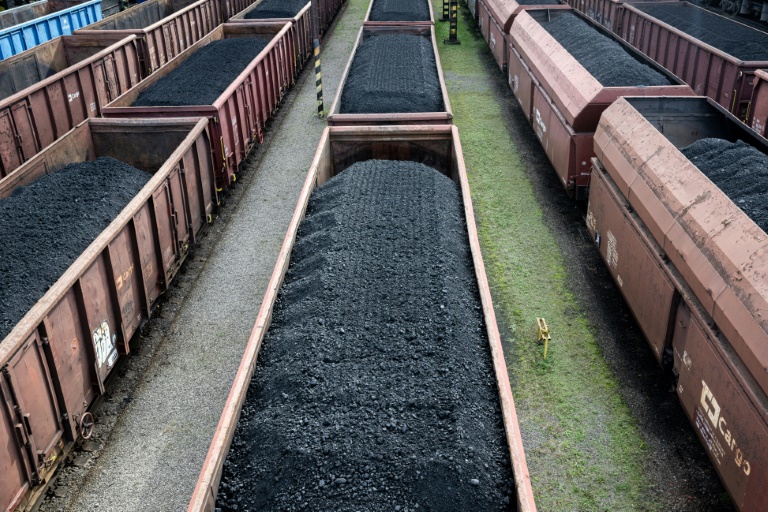
One year following a significant global agreement aimed at transitioning away from fossil fuels, nations are being criticized for their inaction, according to climate diplomats, campaigners, and policy experts. As COP29 approaches, fossil fuels remain a low priority despite promises made at last year’s climate deal. Major economies continue to announce plans for oil and gas expansions, contradicting the commitments made.
Although renewable technologies like solar and wind are being rapidly deployed, they are not sufficient to reduce the consumption of fossil fuels, with the International Energy Agency noting record high global emissions. Climate leaders express frustration over the lack of political leadership, with some countries, particularly those vulnerable to climate change, growing tired of empty rhetoric.
Notably, Papua New Guinea has decided to boycott the upcoming UN climate talks, voicing concerns about the weakening support for fossil fuel commitments. The host of COP29, Azerbaijan, is also under scrutiny for prioritizing its own oil interests over the discussions on fossil fuels.
Despite these challenges, there are indications of a positive shift, as clean technology investments rise significantly. However, many nations are still approving new fossil fuel projects, creating a stark contrast between their pledges and their actions. The urgency for concrete steps is increasingly pressing as global temperatures continue to rise, contributing to ecological devastation.






